FASHION
NY FASHION WEEK 2023: 3 DESIGNERS TO WATCH
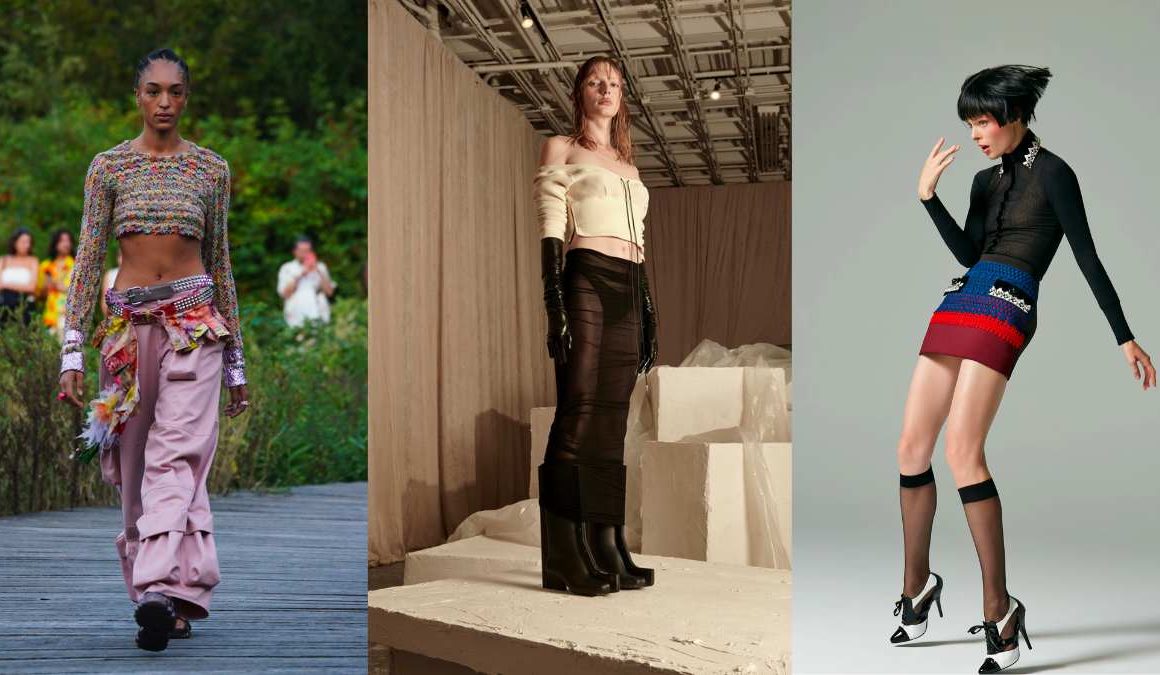
It’s time for New York Fashion Week which kicks off this Friday (10th Feb). More than 70 brands will be displaying their autumn/winter 2023 designs around the city, from celebrity favourite Michael Kors to New York first-timer Heron Preston. We suggest 3 up-and-coming talented designers to follow.
The Bigger, The Better
Brands will be looking to stand out especially in an era where social media allows for ‘exclusive’ catwalk events to be viewed all over the world. Many designers are starting to realise that Gen Z and TikTok are especially open to unique things, and that the stranger the design or product, the better. Designers are recognising the significance and making a serious effort to accomplish something much more rather than merely sending models down a runway.
A number of returning designers, including Sergio Hudson, Christian Siriano, Proenza Schouler, and Brandon Maxwell, as well as newcomers Kate Barton and Zimo, will present their Fall/Winter 2023 collections in an effort to attract trend-setters and perhaps create some viral moments. See below for just 3 upcoming designers to keep an eye on.
COLLINA STRADA
Collina Strada is a brand that’s sure to stand out in the shows. What captures attention is how the some of the collections are created with a Y2K, club-ready appearance. In addition to being a platform for social issues and awareness rather than a fashion brand, the New York company Collina Strada takes sustainability seriously. Collina Strada is made in small amounts in New York, prioritises more environmentally friendly fabrics, and collaborates with the OR Foundation, a non-profit organisation based in Ghana that recycles textile waste, to repurpose materials.
ELENA VELEZ
Elena Velez is a Milwaukee, Wisconsin-born American fashion designer and artist who now resides in New York City. Her work is renowned for its unconventional fusion of high fashion and metalsmithing. She describes the materials she uses in her collections, including repurposed parachutes, knitted cotton, laminated military canvas, upcycled ship sails, leather, and linen, saying that growing up in industrial, gritty, heavy metal environments like shipyards “informed my creative identity from a young age.”
SUKEINA
Omar Salam is the founder and creative director of the international fashion brand Sukeina. Some of the most fashionable women in the world wear these artistic, elegant pieces. Omar’s fashion sense is contemporary, original, and forceful while still being exquisite because of his enthusiasm for making women feel and look exceptional and his distinct vision.
FASHION
HOUSE OF SUNNY DROPPING ITS FIRST MENSWEAR COLLECTION LATER THIS YEAR
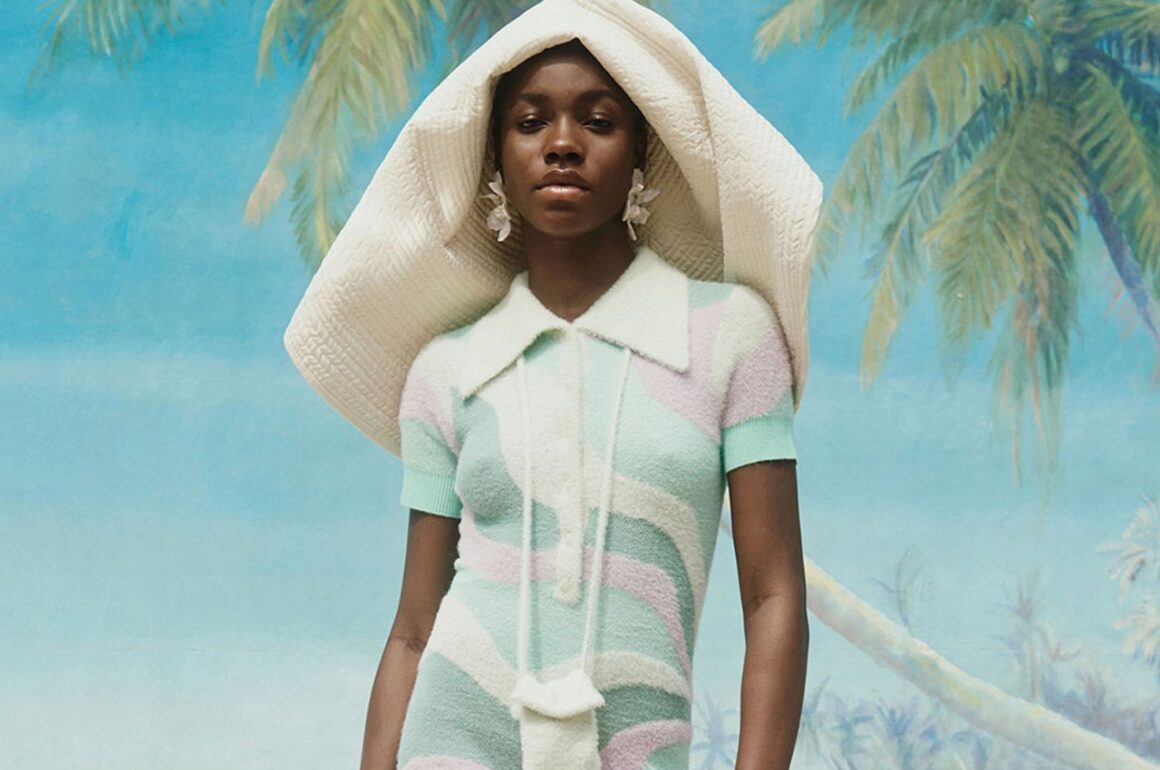
Its been an impressive 2020 for the London-based label.
Designed in-house out of its East London studio, House of Sunny prides itself on producing small sustainable runs of collections in a bid to act against fast fashion. Now, as the label celebrates its tenth anniversary, its founder Sunny Williams has unveiled his plans to drop a first menswear collection later this year.
“We are at a stage where the audience organically asks us for men’s options,” explained Williams in a recent interview with Forbes. “We got to the point where I’d see guys wearing our cardigans cropped even though they bought a size 14 or 16 — and I am amongst those who want to wear pieces from the women’s line”.
Having garnered a reputation in women’s fashion for its use of vibrant colorways and unique designs, Williams alludes to its menswear offering continuing in much the same vein: “I love vintage sportswear at the moment and the style menswear will have is going to be very much my style.” Except the capsule menswear collection to drop September 2021.

FASHION
SELFRIDGES LAUNCH RENTAL SERVICE
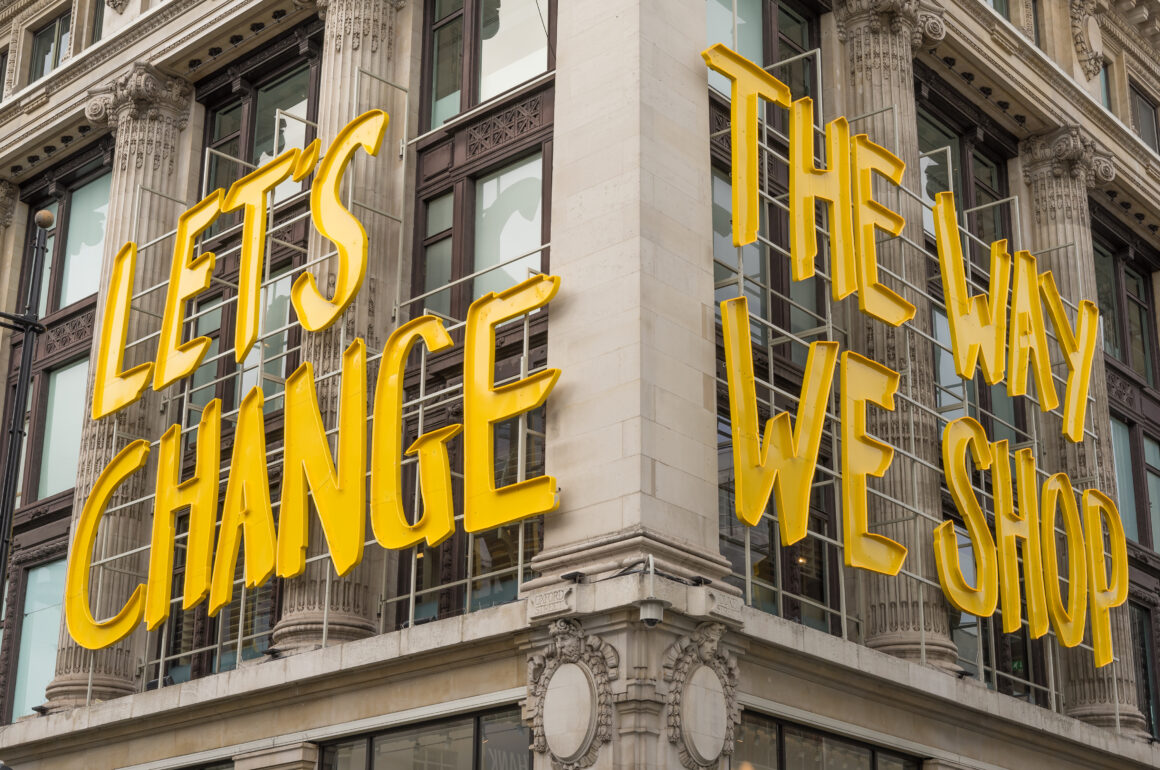
Selfridges have just launched a fashion rental service which will allow their customers to rent items for 8, 10 or 20 days for as little as £20. Thanks to a new collaboration with HURR, you can borrow designer items from big brands like Prada, Saint Laurent and Off White in bag, shoes, tops, jeans, jacket or jumper form.
Found of HURR, Victoria Prew, said, “In a daring move, Selfridges is the first UK department store to take the plunge into the fashion rental market. The collection is built for the next generation of customers whose aspirations exceed their income, yet it is also appealing to customers who can afford to pay full-price but want the convenience of swapping out last season’s fashion for current season”.
This new way to wear designer is an “earth-conscious way to shop”, as Prew continues, “Extending the lifespan of clothes that already exist is one of the best things you can do to reduce the environmental impact of your wardrobe.”.
Find out more information and start renting on the Selfridges website here.
FASHION
VIRGIL ABLOH CONFIRMS ANOTHER NIKE DROP
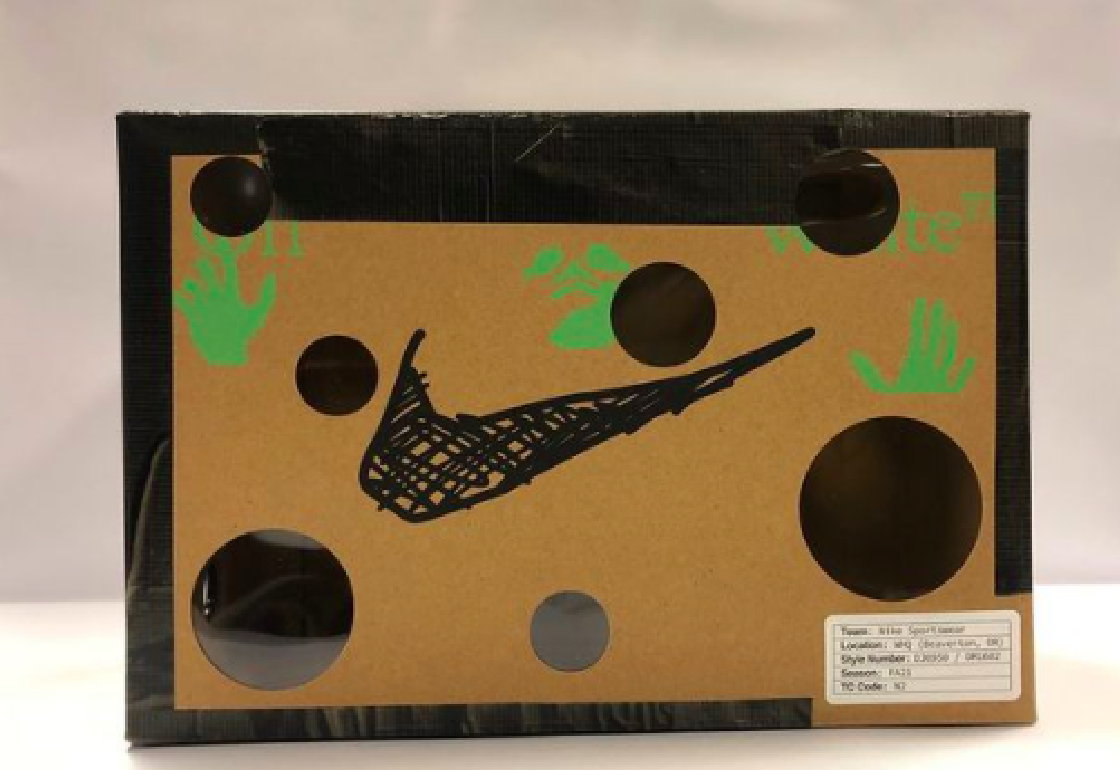
What began as ten trainers in 2017, has spun into an iconic partnership between Virgil Abloh and Nike. Today Off-White designer confirmed that he’ll be releasing 50 pairs of Off-White x Nike Dunk Lows this summer. The drop will be part of his upcoming collaborative “Dear Summer…” collection.

Announced on Instagram, Abloh revealed the packaging for the Dunks which includes a set of 50 numbers (we assume to represent the 50 pairs available) and tape to give the box a vintage and pre-used feel. Holes also cover the box and these have featured on his Air Jordan 5’s before, so perhaps this is a nod to the new trainer design. Release dates and designs haven’t been confirmed yet, however no doubt all will be revealed soon.

Abloh captioned the Instagram post with: “@off____white™ c/o @nike, summer 2021 collection name is “Dear Summer”… it’s a whole thing…it was 2017 i started drawing on those 10 Nike shoes. in my mind they are not literal shoes, but are more like sculptures a full-on art object made in multiple editions, somewhat scarce. they exist in a space all their own. where the plot thickens on the design side is the portal to tell stories as vivid as a HOV triple entendre or a Jeezy ad-lib…”
[Image Source: Instagram]
-
FASHION4 months ago
NEW AIR JORDAN 36 DRIPPING WITH GOLD
-
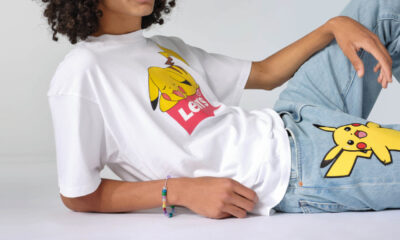
 FASHION4 months ago
FASHION4 months agoFIRST LOOK AT POKÉMON X LEVI’S NEW COLLECTION
-
CULTURE4 months ago
GUCCI X BALENCIAGA’S HACKER PROJECT HAS DROPPED
-
ENTERTAINMENT4 months ago
NETFLIX IS PLANNING A LA CASA DE PAPEL (MONEY HIGHEST) SPINOFF BASED ON BERLIN’S CHARACTER
-
CULTURE4 months ago
A$AP ROCKY LOOKS BACK AT HIS BEST AND WORST FASHION MOMENTS
-
FASHION4 months ago
YEEZY SEASON 9 REVEALED – WITH A STATEMENT FROM YE
-
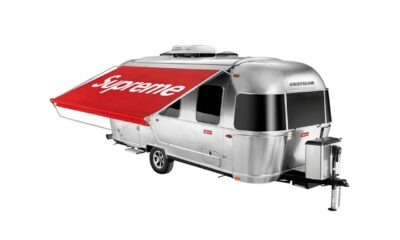
 FASHION4 months ago
FASHION4 months agoSUPREME RELEASES AN AIRSTREAM FOR ITS SS2022 COLLECTION
-
FASHION4 months ago
IVY PARK RODEO: FOURTH COLLECTION WITH BEYONCÉ




